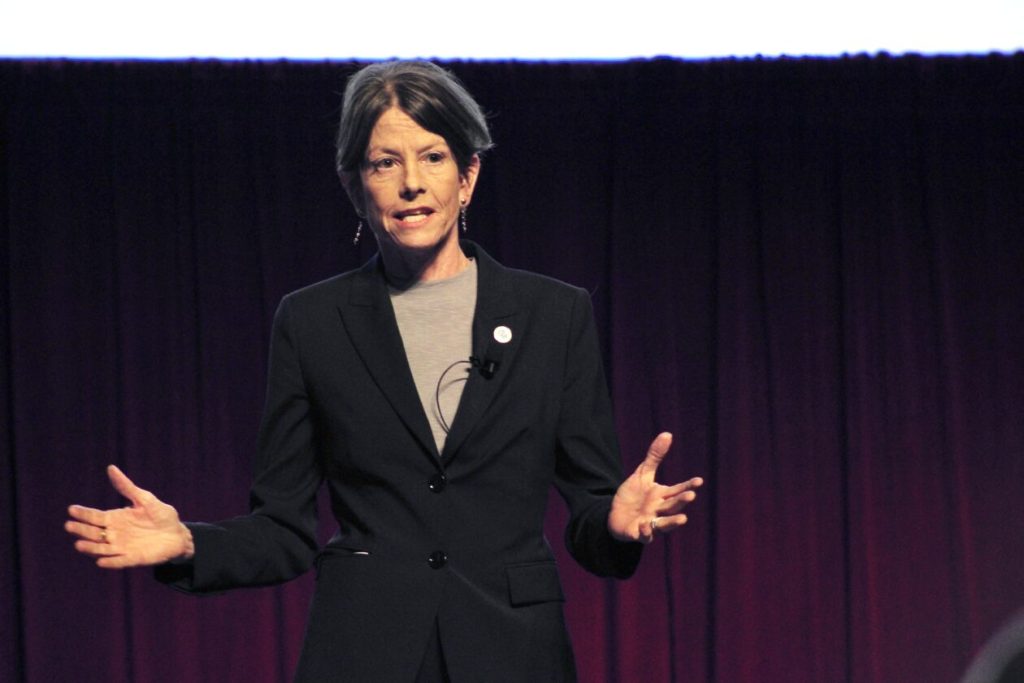The Seattle City Council will delay a planned vote on a new minimum wage law for food delivery drivers, which was proposed by Council President Sara Nelson. This decision was made due to proposed amendments to the legislation and requests from councilmembers for more time to fully consider these changes. The proposed law is part of a larger battle over minimum pay standards for independent contractors delivering food for tech platforms such as Uber Eats and DoorDash. The original minimum pay law was implemented in January, nearly two years after it was approved by lawmakers, leading companies like Uber and DoorDash to raise fees and lobby against the law.
Sara Nelson introduced new legislation that would lower the minimum wage standard for drivers from $26.40 to $19.97, among other changes from the existing law. The Seattle City Council’s governance, accountability, and economic development committee approved this new ordinance earlier this month. However, the response from drivers and restaurant owners has been mixed. While some drivers are making enough money to cover their rent under the existing pay standard, others are experiencing a significant decrease in income due to reduced demand. Likewise, some restaurant owners support the current law, while others argue that the lack of demand is negatively impacting their business.
Seattle and New York City have become testing grounds for the impact of labor standards in the growing food delivery market facilitated by tech companies. These cities have implemented minimum wage laws for delivery drivers, sparking debate around the flexibility and independence offered by these platforms versus their impact on workers and restaurants. Seattle’s minimum wage legislation is part of a set of unique “PayUp” laws, including regulations related to worker deactivation processes and a per-order fee introduced to fund the enforcement of these laws. In addition to minimum wage laws, Seattle also passed a sick leave law for delivery workers last year.
Overall, the delay in voting on the new minimum wage law for food delivery drivers in Seattle highlights the complexity of balancing the needs of drivers, restaurant owners, and tech companies in the evolving delivery industry. The proposed legislation seeks to address concerns around pay standards and demand, but feedback from stakeholders remains divided. As cities like Seattle and New York City continue to navigate these labor standards, they are setting precedents for other regions considering similar legislation. The ongoing debate underscores the challenges faced by policymakers and businesses in adapting to the changing dynamics of the food delivery market in the digital age.


